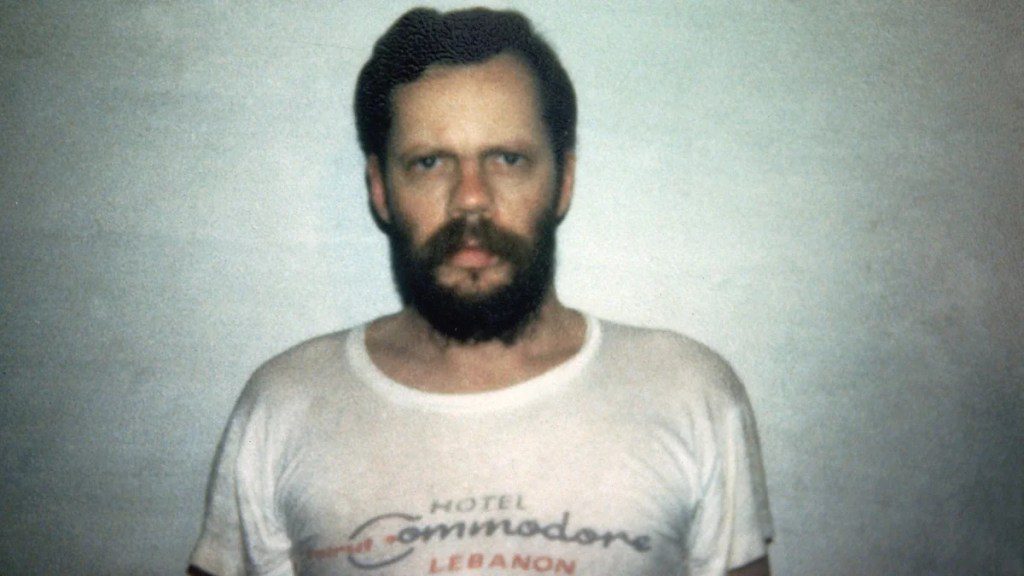Terry Anderson, a reporter for the Associated Press, was kidnapped in Lebanon by Hezbollah in 1985 and held captive for seven years. He has passed away, confirmed by his daughter Sulome. told the APHe was 76 years old.
In his 1993 book “Den of Lions,” Anderson recounted his capture and mistreatment by Islamic extremists. The book was very popular. While in captivity, he endured chaining, beatings, threats of death, and lengthy periods of isolation. Upon his return to the United States, he struggled with post-traumatic stress disorder.
He passed away as a result of complications from recent heart surgery, as reported by his daughter to the AP.
“He always resisted being labeled a hero, even though that's how everyone saw him,” shared Sulome Anderson, his daughter. “I saw him a week ago, and my partner inquired if there was anything left on his bucket list, anything else he wanted to accomplish. He responded, ‘I've lived a full life and achieved so much. I'm content.'”
In a statement, Julie Pace, the AP's senior vice president and executive editor, stated, “Terry was deeply dedicated to providing firsthand, on-the-ground news coverage and displayed immense courage and determination, both in his reporting and during his time as a hostage. We are extremely grateful for the sacrifices he and his family made as a result of his profession.”

Anderson was taken captive while working as the AP’s chief Middle East correspondent, reporting on the conflict in Lebanon during its war with Israel and Iran-backed militant groups aiming to overthrow Lebanon’s government. He later stated in an interview with a Virginia newspaper that he believed he was targeted because Hezbollah suspected him, as a journalist, of being a spy.
He was recognized as the most resistant of the hostages, advocating for better treatment and assisting fellow captives in learning sign language for discreet communication.
After his release, Anderson delivered speeches, taught journalism, and managed a blues bar, a horse ranch, and several restaurants. He received millions of dollars from frozen Iranian assets following a federal court ruling that Iran played a role in his abduction. However, he lost the majority of this sum due to poor investments and filed for bankruptcy in 2009.

The journalist retired from teaching at the University of Florida in 2015 and relocated to a small horse farm in northern Virginia. In his earlier years, he served in the Marines and fought in the Vietnam War. Before his coverage of the Middle East, he also reported from Kentucky, Japan, and South Africa.
His daughter, Sulome, delved into their relationship in her 2017 book, “The Hostage’s Daughter.”
Sulome stated that although her father suffered greatly during his time as a hostage, he found peace in recent years. She believes he should be remembered for his humanitarian work with various causes rather than his worst experience.
He is survived by his daughter Gabrielle Anderson, sister Judy Anderson, and brother Jack Anderson, in addition to Sulome.



